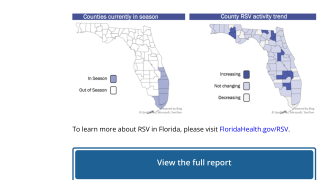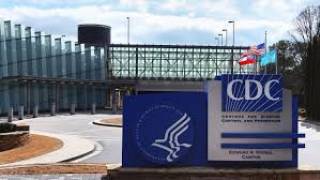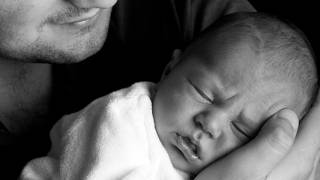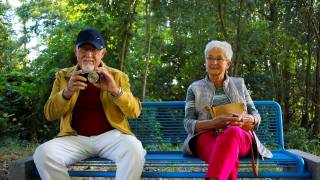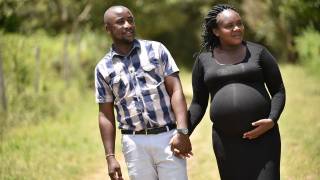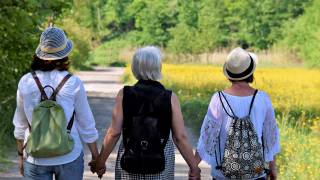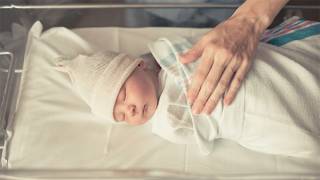Second-Gen Passive Immunization Significantly Protects Infants from RSV
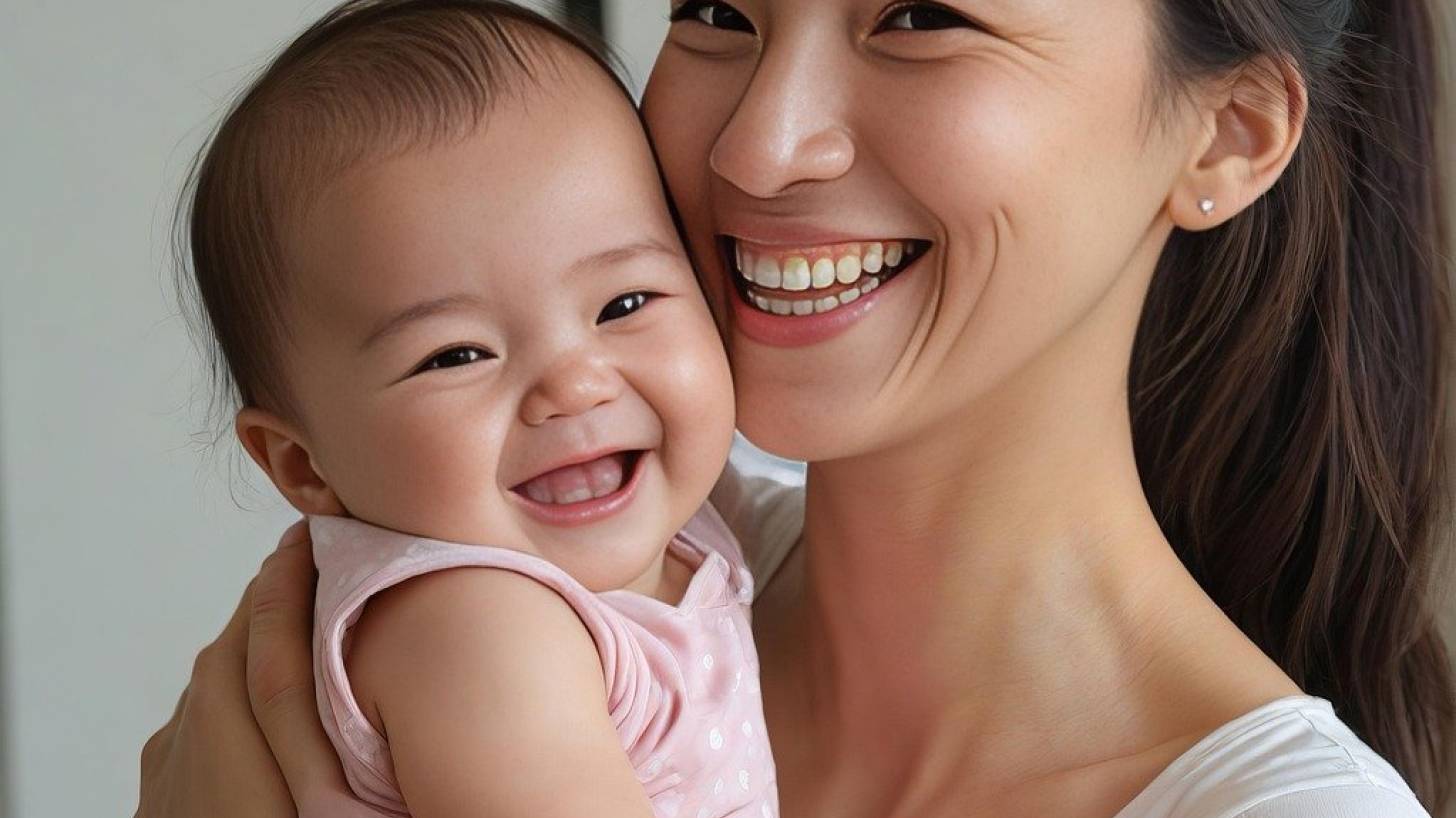
The New England Journal of Medicine recently published the results of a randomized controlled clinical trial that reaffirms the estimated effectiveness of Beyfortus™ (nirsevimab), a second-generation monoclonal antibody that reduces the risk of hospitalization for respiratory syncytial virus (RSV)- associated bronchiolitis in infants by 83%.
This finding is significant since RSV is the leading cause of bronchiolitis, resulting in about three million hospitalizations each year worldwide.
This study, funded by the National Agency for AIDS Research–Emerging Infectious Disease and others, included 1035 infants, of whom 690 were case patients (median age, 3.1 months; interquartile range, 1.8 to 5.3) and 345 were matched control patients (median age, 3.4 months; interquartile range, 1.6 to 5.6).
The effectiveness of a single-dose nirsevimab therapy against RSV-associated bronchiolitis resulting in critical care was 69.6% (95% CI, 42.9 to 83.8) (27 of 193 case-patients [14.0%] vs. 47 of 146 matched control patients [32.2%]).
And against RSV-associated bronchiolitis resulting in ventilatory support was 67.2% (95% CI, 38.6 to 82.5) (27 of 189 case-patients [14.3%] vs. 46 of 151 matched control patients [30.5%]).
The European Commission granted Beyfortus worldwide approval on November 4, 2022, followed by approvals from the U.K., Canada, and the U.S. FDA.
In the United States, among females with an infant <8 months, 41.3% reported that their infant received nirsevimab as of May 2024. For the 2024-2025 RSV season, Beyfortus's supply is expected to meet demand.
Our Trust Standards: Medical Advisory Committee




